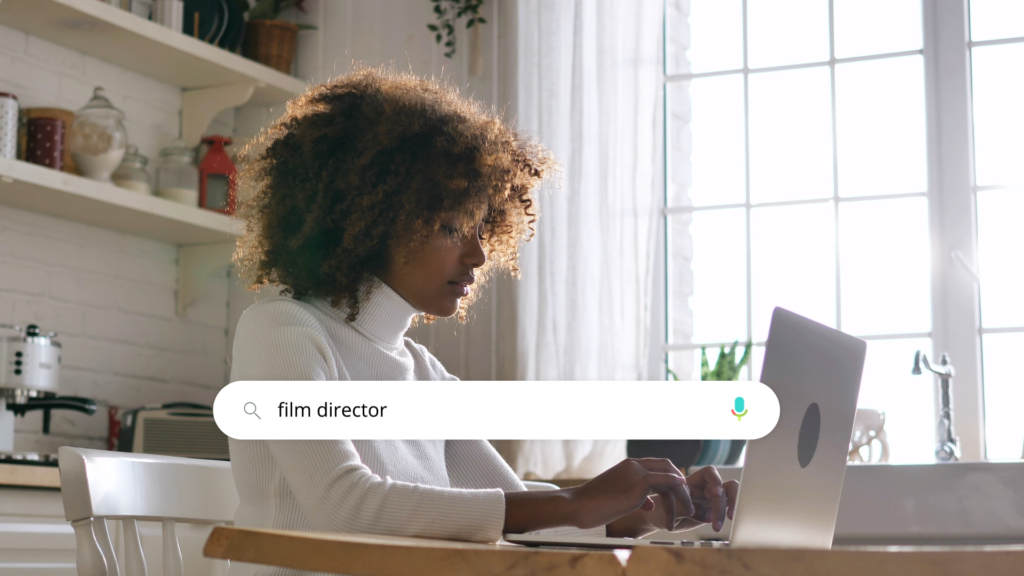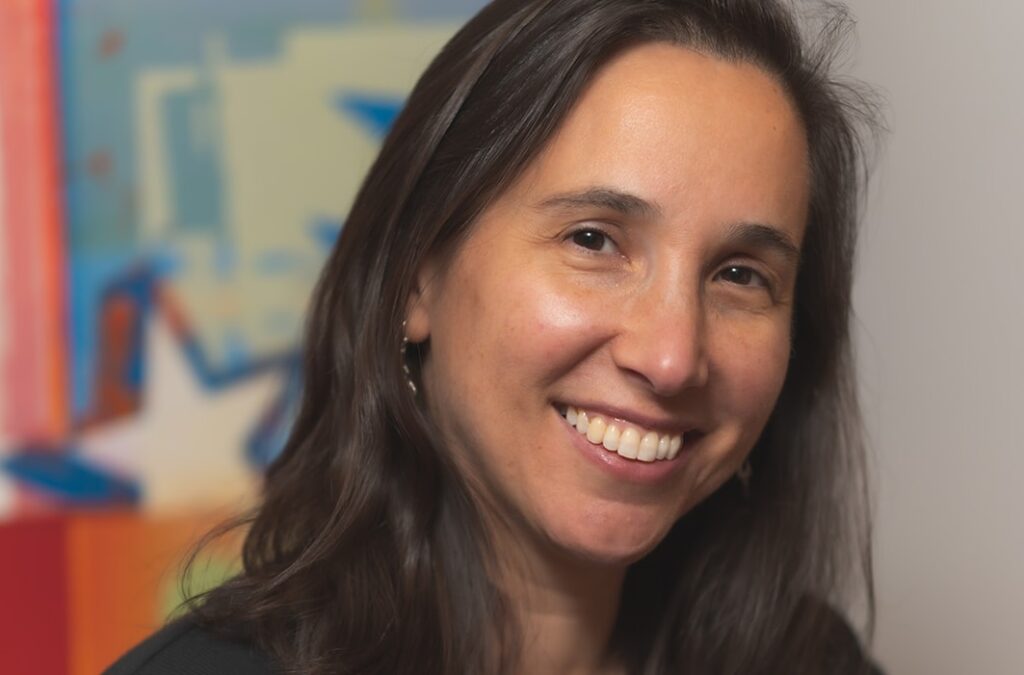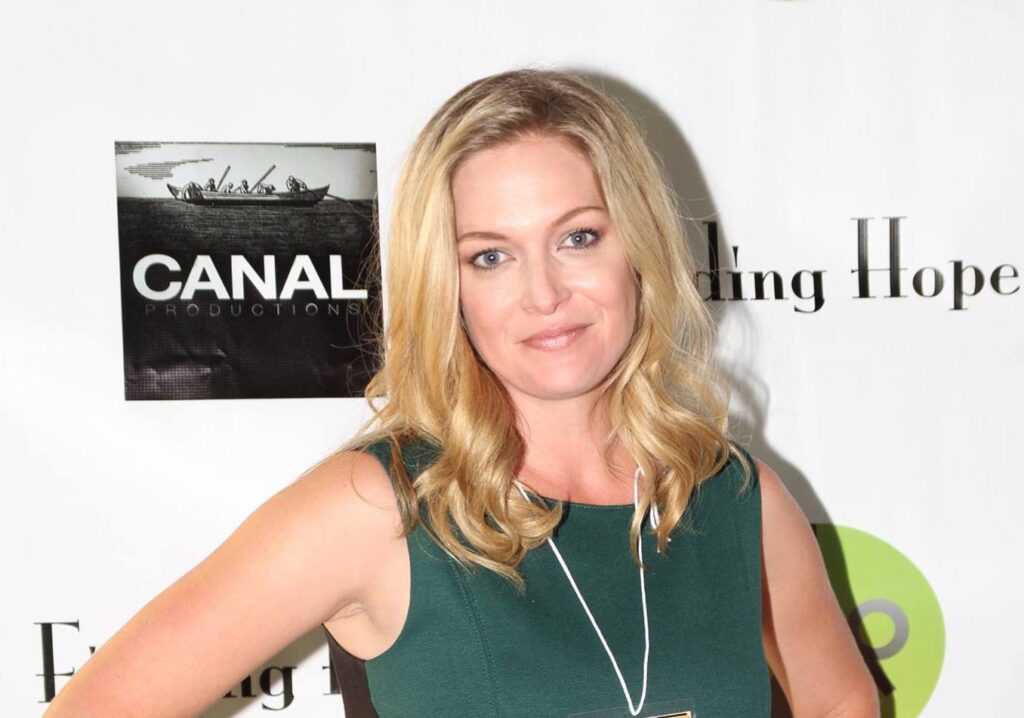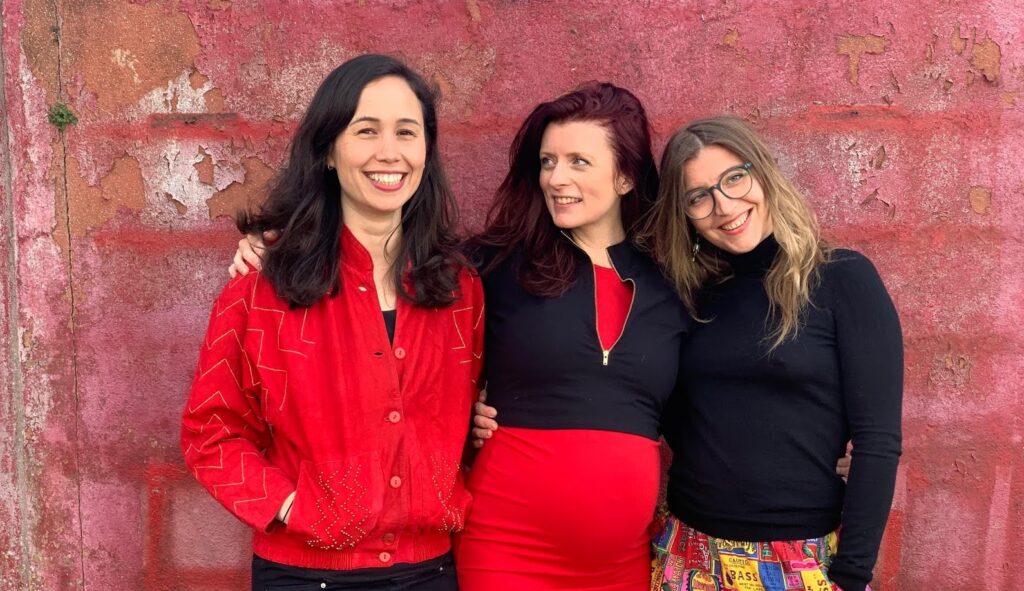By Mimi Anagli and Elena Rossini
Imagine this: you are a 14-year-old with a passion for movies and photography. Maybe one day you could make a career out of it, becoming a cinematographer. You are curious to see examples of notable people working in the industry. So you go on Google and search for “cinematographer.” At the top of the page you see a carousel of 51 Google cards with photos and names of famous directors of photography. Most of them are white. All of them are male, except for a few cards. As an African American girl, you implicitly get the message that maybe this field is not for you — nobody who looks like you appears in the results. If only you could have seen or read about Kira Kelly — the first Black woman invited to join the ASC in 2020, best known for her work on Ava DuVernay’s “13th” and HBO’s “Insecure.”
Kira Kelly does not appear in Google Cards. Nor does Oscar-winning screenwriter Emerald Fennell – when one searches for famous screenwriters, most of the results are men; some have passed away years ago. Fennell won the Oscar for Best Original Screenplay in 2021 and yet she is nowhere to be found on the list of most notable screenwriters on Google. Mindy Kaling is the co-creator and executive producer of some of the most successful contemporary TV series — from “Never Have I Ever” to “The Sex Lives of College Girls.” Yet — you may have guessed it — she’s nowhere to be found on the carousel of Google Cards when one looks up “producer.” Most of the results show white male producers.
We rely on Google for so many of our day-to-day questions. What is this week’s weather forecast? Where is the nearest café? Its presence in our lives has a stronger influence on our thinking than we may realize. The picture that the Google search engine paints of the film industry and its leading figures is, to put it simply, discouragingly whitewashed.
In an attempt to find out how truly undiverse Google search results are, we conducted a little experiment. Using an incognito tab and a VPN based in New York City in order to avoid any bias from the data Google has collected on us, we googled “film director,” “famous film producer,” “cinematographer,” and “screenwriters.” Unfortunately, the results were just as disappointing as we’d expected, if not more. While the disparity between men and women was slightly smaller than in previous years, the lack of diversity in the results was horrible. Not a single woman of color had appeared in the top results for any category.
For young and impressionable minds who don’t fit the image that Google is promoting, this translates into the idea that film and TV is not a space they are welcomed in. As two women in the film industry, we can account for that firsthand. From struggling to be taken seriously as an artist to feeling unseen and unheard as a woman of color, we know the damaging effects a lack of visibility can have. As both filmmakers and activists, our passion for change comes from our experiences of being doubted and overlooked. Our experiences range from struggling to be regarded as a real film director who has released a feature film to being told on several occasions in film school that “camera equipment is very heavy” when expressing desires to pursue cinematography. These hurdles that we’ve faced are undoubtedly a byproduct of the ignorance that arises when there is no visibility for people who look like us, and we hope to change that for generations to come.
Our film, “The Power of Visibility,” aims to grab the attention of structures and systems in place, such as Google, who hold the power to inspire future filmmakers. We hope that they see how simple of a change it would take for them to show the true depth and diversity in voices Hollywood has to offer, while also giving the incredible women we’ve mentioned above, and in our film, the spotlight they deserve.
Our ultimate goal is to achieve the representation countless women in Hollywood have been fighting for. With the tremendous power it holds, Google enacting this simple change would reach audiences far and wide, opening minds to what a truly inclusive film industry looks like. For every young person curious to see examples of notable people working in the industry, let’s show them why visibility matters.
Elena Rossini is an Italian filmmaker, photographer, and activist championing representation. She is best known for her feature-length documentary “The Illusionists” about the globalization of beauty.
Mimi Anagli is a freelance writer, video editor, and activist with a focused interest in gender equality and social justice. She is a staff writer for the feminist film publication agnés films and a senior video editor for the influencer marketing agency Outloud Media.







